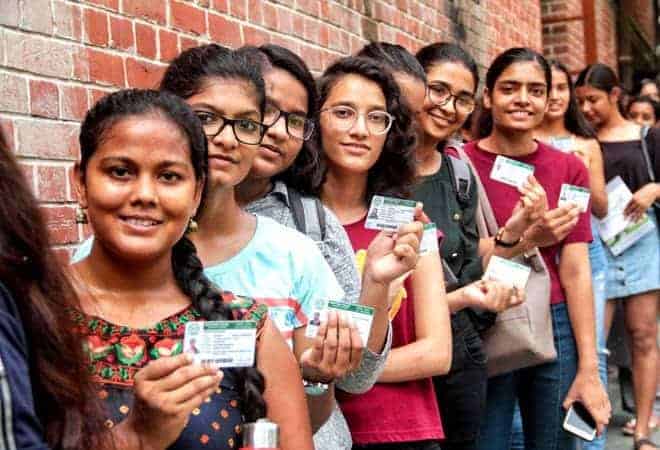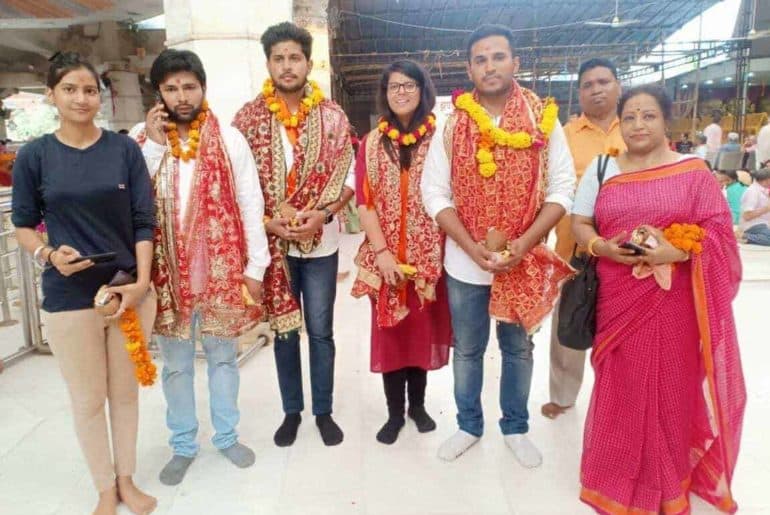The strong suit of Arvind Kerjiwal’s politics is education and it is allowing him to maintain strategic diplomacy amid the rising protest wave. Read our Editor’s breakdown of the same for the young voters.
It is a pivotal time to be a young person in India. One is, in all likelihood, emerging out of the cocoon of years of familial and social conditioning on politics, caste, and religion in India. For those with marginalised identities, it is a time to see hypocrisies and ‘apolitical’ apathy exposing before their eyes in the disguise of ‘liberal’ peers and acquaintances. For one and for all, this time of life in Delhi – the capital city of the democracy at crossroads with itself – is a time to find the most acceptable notions and ideals of politics.
The protest wave across the country has ensured that the policies of the current administration do not go unchallenged, unnoticed, and undemocratic. But what the upcoming Delhi Assembly Elections bank on is not the ideological fabric, with the Aam Aadmi Party (AAP), the Indian National Congress (INC), and the Bharatiya Janata Party (BJP), on different angles of an abstract, but the confidence of the electorate is being towed for using tangents that do not exist in the same plane. It is not a pro-immigration, anti-immigration stance of the US politics, for instance, that is being used by the parties with their hats in the ring, but if one is speaking of Issue A, the other two are not even using letters from the English alphabet.
In a discourse like this, the prospect of choosing in itself becomes daunting to young voters. Shaheen Bagh, Hauz Rani, Seelampur may be sloganeering to defend the Constitution from the fascism-echoing Central Government, but the fact of the matter remains that the Chief Minister (CM)-incumbent, AAP’s Kejriwal is not a messiah either. He has a flighty reputation that is hard to salvage in politics, but in choosing to pick performance as his pitch, Kejriwal seems to denounce the religious and communal sentiment that is the lifeblood of BJP’s politics. INC, running circles in its own stubbornness to move past monarchical party politics, only appears to have the support of 2.4% of the population of the Capital, as per the IANS-CVoter survey conducted on Republic Day.
Developing India’s middle-class finds itself concerned with the issues of practicality – education and healthcare. Religious politics in the Country may be a deeply entrenched institution that impacts the rest of its social and economic fabric, as asserted by Ambedkar in Caste in India, but it appears to be insufficient for winning over the electorate in 2020 Delhi. BJP’s model of growth under the leadership of Narendra Modi brought immense confidence in the economic strategy of the party, and despite the Hindu radicalism that paved a way for the 2002 Gujarat Riots (some argue that maybe, based on the Riots itself) the rise of the hero-like figure was inevitable. The different ways TIME magazine has presented Modi over the past decade (as researched and articulated by The Wire) shows the shift in the areas that the BJP hailed to gain its electorate’s confidence. With the latest tag of “Divider in Chief”, the religious grounds have become more explicit than ever.
What AAP then offers Delhi is not the promise of its cleanest show of politics, but AAP’s strategy to denounce the fight involving communal sentiments and the CAA-NPR-NRC debate is as diplomatic, and evidently efficient, as a move gets. Over 58% of the voting public expresses satisfaction with the work Kejriwal has engaged in for Delhi, and that renders BJP nearly bewildered. For INC, it had the whataboutism concerning the Kashmiri Pandits and the accusations of a Muslim-appeasing ideology to rope in its Savarna vote-bank on a national scale, but AAP refuses to take up this debate in its entirety. While the state-of-the-art infrastructure and conditions of government schools in AAP’s Delhi portray the development in the education sector with a chunk of the party’s budget focusing on the same, former BJP President and present Home Minister, Amit Shah, spews about how electing BJP would amount to the rightful (according to him) suppression of dissent at Shaheen Bagh – these different focal points leave no room for a civil political race that cuts close.
In a discussion on the elections with a former NDTV journalist, he called BJP “anti-knowledge” and that is the most suitable terminology for its attitude towards Delhi as well. In taking its religious politics too far, it is losing its façade of economic prosperity. In politics, you can’t piss off too many people at once and that is what the BJP’s overconfidence seems to have forgotten in Jharkhand, and now, apparently Delhi. Ambedkar’s refrain of “educate, organise, agitate” is echoing across the protest-sites, and in making education his playing field, Kejriwal appears to be organising a strategic agitation against the communalism-oriented BJP.
Anushree Joshi










